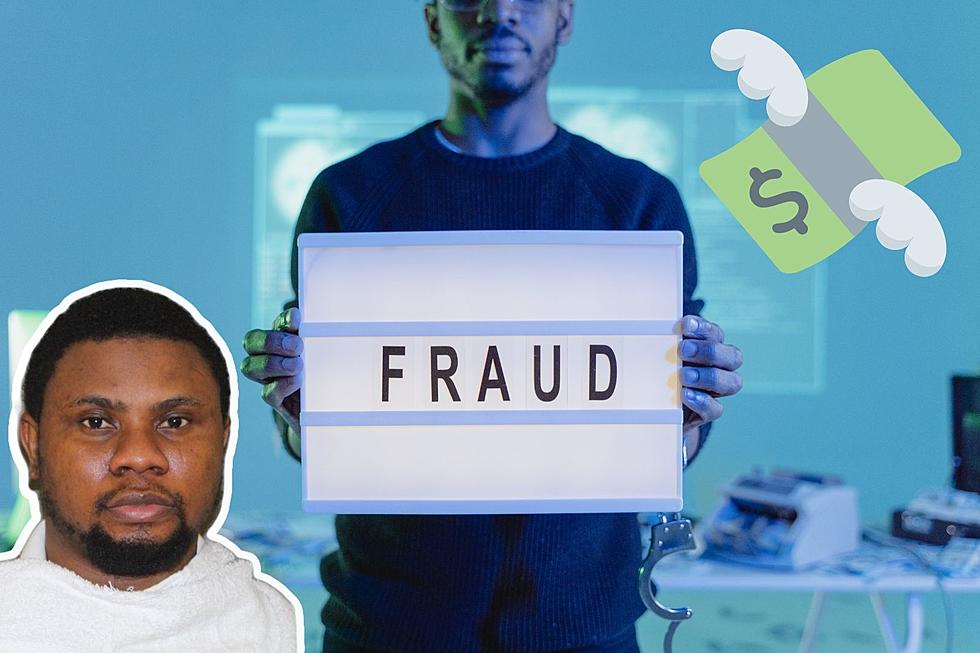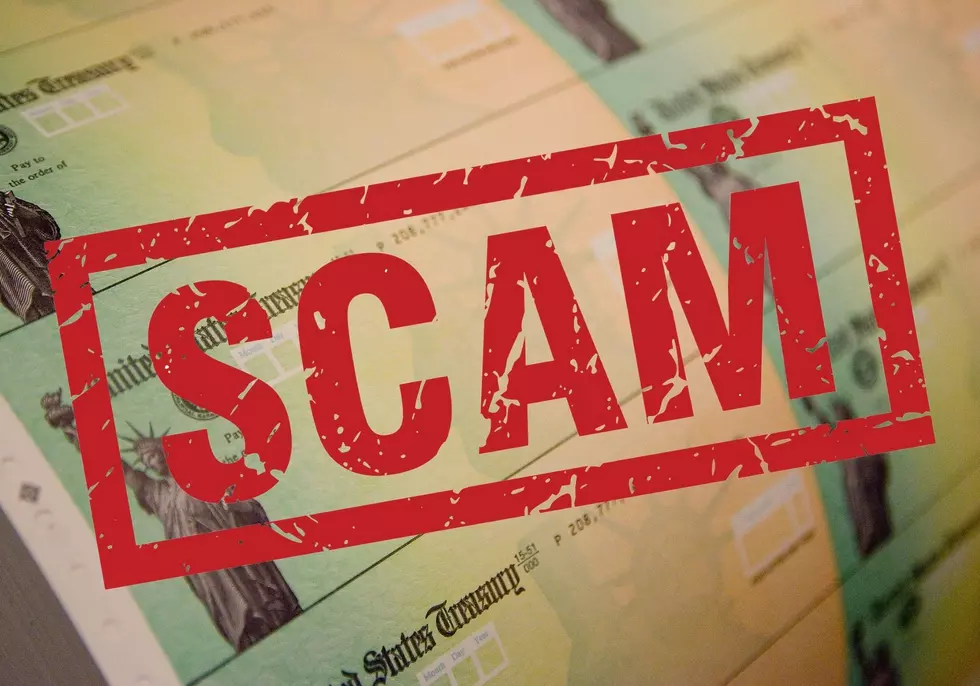
IRS Warning — 12 Scams to Watch Out For This Tax Season
The IRS has issued its annual warning about the "Dirty Dozen" schemes out there—ways that certain disreputable folks will try to steal your money or methods people use to hide financial information from the tax agency.
Here's what IRS Acting Commissioner Steven T. Miller had to say:
This tax season, the IRS has stepped up its efforts to protect taxpayers from a wide range of schemes, including moving aggressively to combat identity theft and refund fraud. The Dirty Dozen list shows that scams come in many forms during filing season. Don't let a scam artist steal from you or talk you into doing something you will regret later.
Here are the 2013 Dirty Dozen tax scams (visit the IRS page for full details):
Identity Theft
This one you've probably heard of. The way it usually works when it comes to taxes is that someone will steal your Social Security number (SSN) and use it to file a false return, then claim the refund.
Phishing
The IRS will never email you to request personal or financial information, so if you get a suspicious-looking email asking for a SSN or an account number, report it to: phishing@irs.gov.
Return Preparer Fraud
Choosing a tax preparer can be a daunting task, and you want to be sure you don't pick someone who's only out to steal your information. And remember: you, the taxpayer, are responsible for everything on your return, no matter who prepares it. The IRS offers tips about how to choose a preparer and what to look out for.
Hiding Income Offshore
This method of concealing income has increased in frequency over recent years, but so has the IRS's investigations of it. No matter what you hear about "offshore account," if you don't report money you have in such an account, that's tax evasion.
“Free Money” from the IRS & Tax Scams Involving Social Security
Flyers have been appearing in churches across the country suggesting that taxpayers can receive big refunds with little or no documentation, or even income. This scam is generally aimed at seniors. It may sound great, but it's a clear case of "if it sounds too good to be true, then it is."
Impersonation of Charitable Organizations
It's a sad fact, but you usually hear about this sort of thing following a natural disaster. Some con artist will claim to represent a charity promising to aid the victims, but then will pocket the donations himself. Always be sure that any charitable donation you make is going to a legitimate operation.
False/Inflated Income and Expenses
People often will claim far more income than they actually made, in order to increase their refund. This can result in penalties up to $5,000.
False Form 1099 Refund Claims
The IRS pays close attention to people claiming suspicious deductions or credits, especially by filing a 1099-OID form.
Frivolous Arguments
While you are certainly allowed to dispute the amount you owe, do not do so unreasonably. The IRS keeps a list of specific arguments you should avoid.
Falsely Claiming Zero Wages
This one's pretty self-explanatory, but there are various ways people try to lower their reported income in order to reduce the total tax that they owe.
Disguised Corporate Ownership
This is often a mishmash of the other scams, involving a mix of identity theft, underreporting of income, false deduction claims and others.
Misuse of Trusts
Moving income from one place to another, particularly a trust, does not necessarily mean you will owe less money on it, though certain tax advisers still make these sketchy recommendations.
[IRS]
More From Newstalk 860









